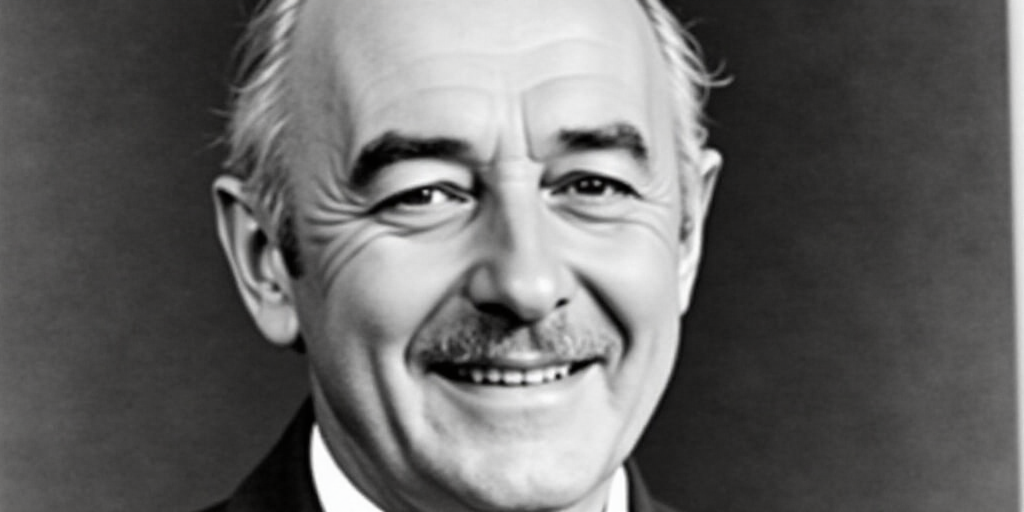Introduction
Étienne-Émile Baulieu, a renowned French scientist and medical researcher who revolutionized the lives of millions of women by inventing the abortion pill, passed away on Friday at the age of 98. His lifelong pursuit was to create tools “useful for human well-being,” as announced by his wife, Simone Harari Baulieu.
Early Life and Career
Born on December 12, 1926, in Strasbourg, France, Étienne Blum adopted the name Émile Baulieu when he joined the French Resistance against Nazi occupation at the age of 15. After the war, he was invited to work in the United States and began investigating sex hormones with the support of Gregory Pincus, known as the “father of the contraceptive pill.”
Scientific Breakthroughs
Baulieu earned his Medical Doctorate in 1955 and his Science Doctorate in 1963. He gained worldwide recognition for his groundbreaking scientific, medical, and social contributions related to steroid hormones. Among his many achievements, he invented the abortion pill (RU-486) in 1982, aiming to provide women with safer and less traumatic alternatives to surgical abortions.
Controversies and Criticisms
Baulieu’s work was not without controversy. After inventing the abortion pill, he faced severe criticism and even death threats from powerful American anti-abortion groups who labeled it a “pill of death.” Despite the opposition, Baulieu continued advocating for the pill’s distribution and worked tirelessly to convince governments to authorize its use.
Additional Contributions
Baulieu’s research extended beyond reproductive health. He explored methods to delay aging, combat depression and Alzheimer’s disease. His primary interests, as he stated in an interview with AFP, were “women’s health, brain health, and longevity.”
Key Achievements
- Lasker Award: Baulieu received the prestigious Lasker Award in 1989 for his discovery of the abortion pill. This award is considered a precursor to the Nobel Prize for those who receive it.
- Honors in France: Baulieu was awarded the Grand Cross of the Legion of Honor and the National Order of Merit, two significant distinctions in France.
- DHEA Research: Baulieu investigated DHEA, a hormone linked to anti-aging properties. His studies led him to explore neurosteroids, which are steroids within the nervous system.
- Alzheimer’s Research: Baulieu founded the Baulieu Institute in 2008 to understand, prevent, and treat neurodegenerative diseases like Alzheimer’s. His research focused on proteins Tau and FKBP52.
Legacy
Baulieu’s dedication to his work and commitment to improving human well-being remained constant throughout his life. He expressed his desire to “be useful” until the end, leaving behind a remarkable legacy in both science and society.
Key Questions and Answers
- Who was Étienne-Émile Baulieu? A French scientist and medical researcher known for his groundbreaking work on steroid hormones, including the invention of the abortion pill (RU-486).
- What controversies did Baulieu face? After inventing the abortion pill, Baulieu faced severe criticism and death threats from American anti-abortion groups who opposed his work.
- What other areas did Baulieu contribute to? Besides reproductive health, Baulieu explored methods to delay aging, combat depression and Alzheimer’s disease.
- What honors did Baulieu receive? Baulieu was awarded the Lasker Award, the Grand Cross of the Legion of Honor, and the National Order of Merit for his scientific contributions.






